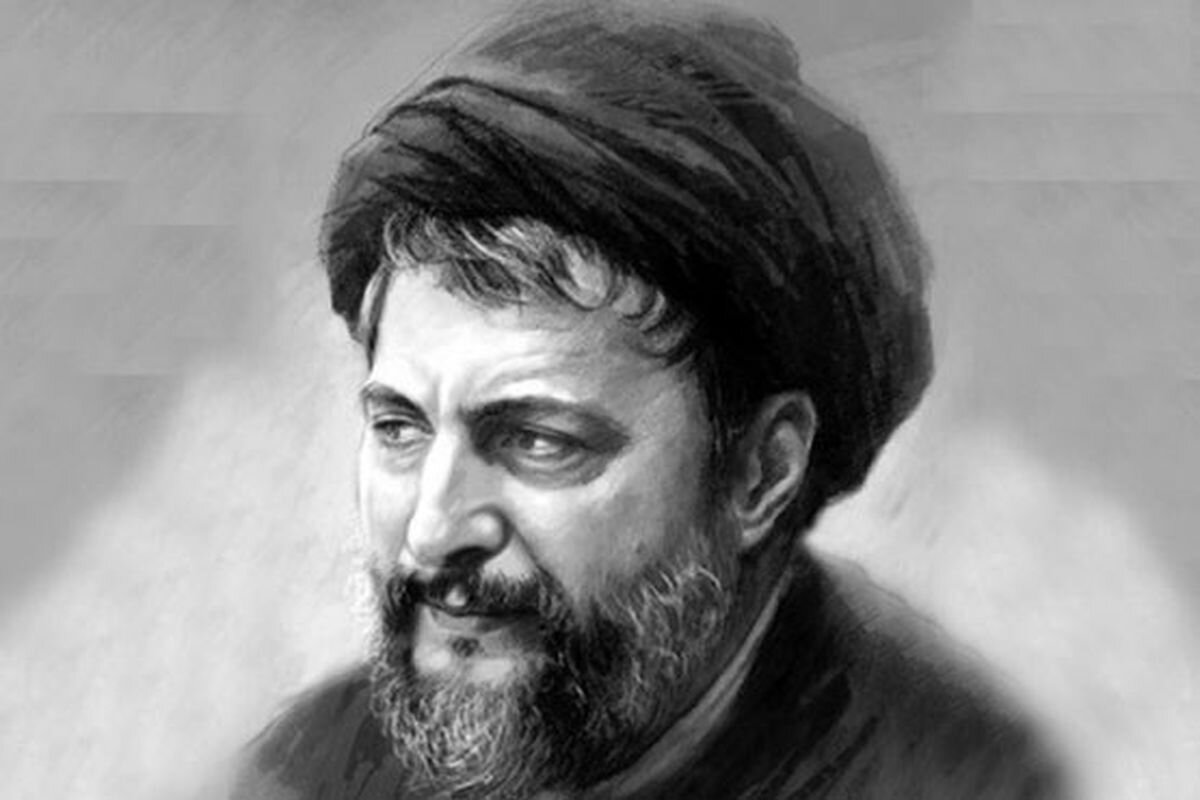AhlulBayt News Agency (ABNA): An audiobook featuring the life story of the Lebanese-Iranian philosopher and Shia religious leader Musa al-Sadr was unveiled during a ceremony in Tehran on Saturday.
The ceremony was attended by a number of cultural officials, IRIB Deputy Director Ali Bakhshizadeh and Hura Sadr, Imam Musa Sadr's daughter.
Released by Iran Seda, an internet-only radio, the audiobook represents the biographical information and life journey of Imam Musa Sadr.
Speaking at the ceremony, Bakhshizadeh said that the audiobook would illuminate listeners about the events in Imam Musa Sadr's life, showcasing both the triumphs and challenges he endured on cultural, social, political, and spiritual fronts.
If countries join the resistance movement or the resistance front is formed today, it is a clear and undeniable response to the call of this influential leader, he added.
This audiobook tells the story of Imam Musa Sadr, a powerful leader who devoted 20 years of his life, from 1958 to 1978, to the relentless fight for justice and resistance, he mentioned.
The audiobook is narrated by actor Farhad Qaemian, voice actor Hassan Homai, and voice actresses Fatemeh Rokni and Farinaz Sorayya.
Iran Seda’s website has made this audiobook accessible to the Persian audience, completely free of charge, as a tribute to the anniversary of the kidnapping of Imam Musa Sadr.
Musa al-Sadr, also known as Imam Musa Sadr, was an Iranian-Lebanese Shia Muslim religious and political leader who fought against oppression and for the rights of his people.
He founded the Movement of the Deprived in Lebanon, which empowered the disadvantaged Shia population and challenged the country's sectarian political system.
He went missing with two companions, Sheikh Mohammad Yaqoub and journalist Abbas Badreddine, on August 31, 1978, on his way to attend ceremonies commemorating Libya’s Muammar Gaddafi’s ascent to power in the Libyan capital Tripoli.
When he was not seen in Tripoli, it was said he had left for Italy. While his fate is not known, it was widely suspected that he was kidnapped at the behest of Gaddafi, who may have viewed him as a religious rival.
He is considered a hero by many in the Shia community and a symbol of resistance against oppression and tyranny.
.....................
End/ 257

